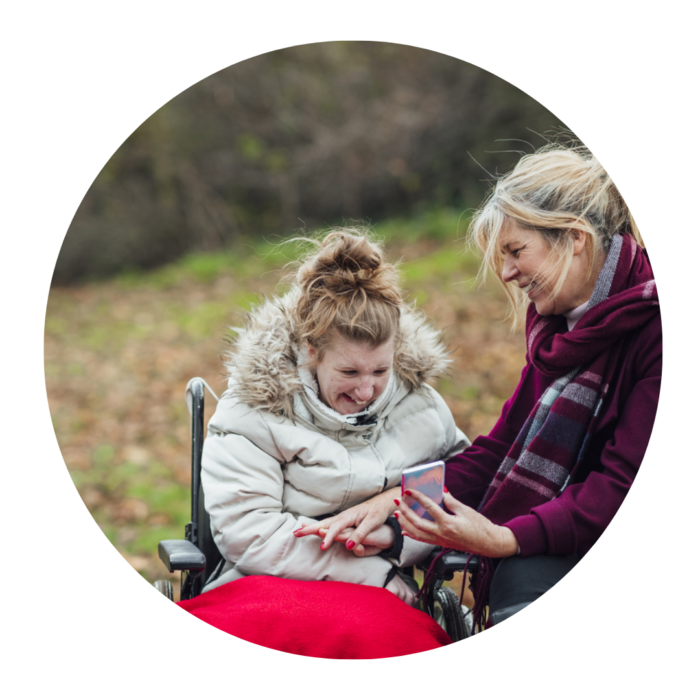If you’re setting up a kinship peer support group, you’re generally called a ‘Support Group Leader’. Here we talk about what that means – your commitment and responsibilities.
Section 2A: Peer support group leader – the role and responsibilities
Learn about what a kinship peer support group leader does, including what the main responsibilities, commitments and expectations are.
On this page
Click on the link below to take you to the section you'd like to read:
Kinship peer support group leader – what’s the role?
What does being a support group leader actually mean? Find out what the main responsibilities are alongside some of the challenges you might face.
When you think about starting a group, you think about the practical things, where you’ll meet, who will come and how to find other kinship carers to invite. You might not think about yourself as a group leader at this stage. And that’s OK.
This section of our peer support group library is all about understanding the role and responsibilities that come with being a support group leader, and how to do that in a way which is comfortable for you.
Why become a group leader?
Deciding that you want to create a space for other kinship carers to come together to share time and offer support to one another is the first step in becoming a group leader.
You might have realised that there isn’t a group in your local area dedicated to supporting kinship carers. Or perhaps you’re a kinship care who wants to meet other kinship carers in similar situations. You might be a kinship carer stepping into raise your siblings or a granddad taking on your grandchildren.
The main thing that makes you a support group leader is that you’re passionate about making sure other kinship carers are supported and you have the time to be able to set up and support a new group.
No one takes on this role for the title. It’s all about the passion and determination that no one should feel alone on their kinship journey. Often we hear kinship carers talk about “making sure no one has to face what I did alone”.
In this section you’ll find out about:
- what it means to be the person setting a group up
- a look at the roles and responsibilities of a support group leader
- what the commitment looks like realistically
- and if you’d like support, what that could look like for you
"It’s just lovely to be able to talk to people in the same position as you… It was a hard three years with COVID not having everyone together. So when we got back together, it was just incredible."
Gillian, Newcastle West Kinship Care Group (special guardian for her grandaughters) and support group leader

Join our community
Sign up for emails to keep up to date with the information that’s important to you, from support and advice for kinship carers, to our latest news, events and campaigns.
